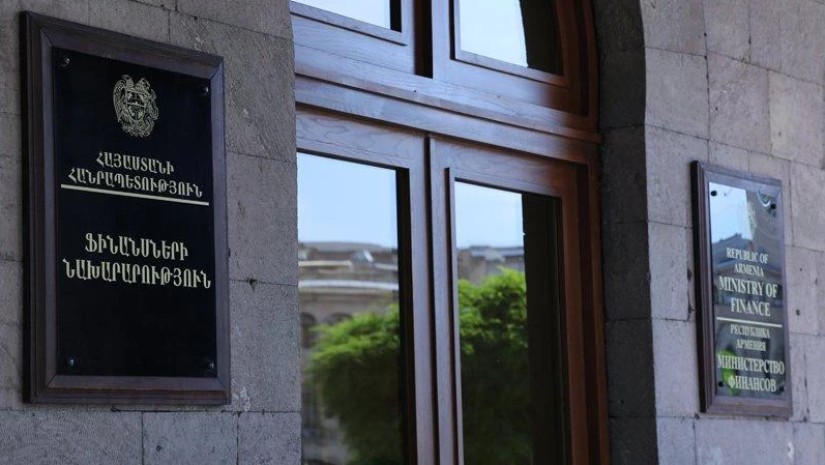According to Armenia's Ministry of Finance, as reported by ArmInfo news agency, the country’s state treasury will fall short by about $408 million in tax revenues and duties compared to the planned figure for the current year. Consequently, state budget expenditures will be reduced by approximately $336 million.
Under the "Law on the State Budget of the Republic of Armenia for 2024," with a projected GDP growth of 7%, the country’s revenue was expected to be around $7.04 billion (25.9% of GDP), with expenditures reaching $8.29 billion (30.5% of GDP). Tax revenues and duties were projected to total $6.75 billion (24.9% of GDP).
However, by the end of May this year, Rustam Badasyan, head of the State Revenue Committee, acknowledged challenges in meeting the planned tax collection targets. By the end of the first half of the year, the shortfall reached 8-9%: instead of the planned $3.37 billion in taxes and duties, only $3.07 billion was collected.
In June, the Armenian government approved the "Medium-Term Expenditure Framework for 2025-2027," adjusting expectations for real GDP growth in 2024 down to 6.3%. Taxes and duties were reduced by $302 million, and expenditures by about $230 million, compared to the initial target.
However, before the 2025 budget draft was finalized, the financial authorities had to revise their expectations again. According to the budget message for next year, in 2024, with a projected GDP growth of 5.8%, state budget revenues will total $6.7 billion, down from the previously expected $7.04 billion. Tax revenues and duties are forecast to reach $6.35 billion, compared to the earlier projection of $6.75 billion.
State budget expenditures will be reduced by $336 million, bringing them to $7.95 billion. Spending on non-financial assets is expected to decrease by $145 million, down to $1.65 billion.
The Ministry of Finance explained the downward revision mainly due to indirect taxes—VAT and excise taxes—attributed to adjustments in macroeconomic indicators, including nominal consumption, imports, and overall GDP.
In response to questions regarding specific areas and amounts of the planned spending cuts, the Ministry of Finance stated that "information on the revised expenditure details is currently unavailable."
















